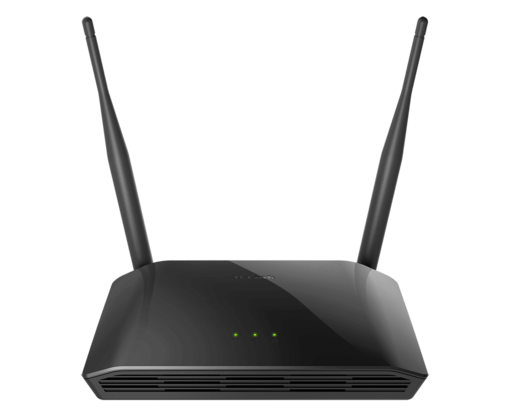Demystifying the Router: Your Questions Answered
The unassuming box blinking away in your corner might seem like a tech black box, but your router plays a vital role in connecting you to the digital world. This blog post dives into everything router-related, answering your most pressing questions.
What is a Router?
A router is a network traffic director. It connects multiple devices on your home network (like computers, phones, and tablets) and directs data packets to their intended destinations on the internet or within your local network. Imagine it as a digital post office, sorting incoming and outgoing mail (data packets) based on their addresses (IP addresses).
Are Routers and Modems the Same?
No, routers and modems are distinct but complementary devices. A modem acts as a translator, converting the signal from your internet service provider (ISP) – like cable or fiber – into a format your devices understand. The router then takes over, distributing that internet signal to your various devices and ensuring the data reaches the right recipient.
Are Routers Dangerous?
Routers themselves aren’t inherently dangerous. However, unsecured routers can be vulnerable to hacking, potentially exposing your devices and data to attackers. It’s crucial to secure your router with a strong password and keep its firmware up to date.
Are Routers Plug and Play?
Most routers are relatively easy to set up, often following a plug-and-play approach. You connect the router to your modem and power it on. Your ISP might provide specific instructions, but many routers offer a web interface or mobile app for configuration.
Are Routers Wireless?
Many routers offer both wired and wireless connectivity. They have Ethernet ports for wired connections and built-in antennas for creating a Wireless Local Area Network (WLAN), allowing your devices to connect to the internet without cables.
Are Routers Universal?
Routers are generally compatible with most ISPs, as they communicate using standard internet protocols. However, some ISPs might provide specific routers or pre-configure settings for their network.
Can Routers Go Bad?
Like any electronic device, routers can malfunction over time. Signs of a failing router include frequent dropouts, slow internet speeds, and difficulty connecting devices.
Can Routers Overheat?
Routers can overheat, especially if placed in poorly ventilated areas. This can lead to performance issues and even permanent damage. Ensure proper airflow around your router to prevent overheating.
Can Routers Get Viruses?
Technically, routers don’t get viruses in the traditional sense. However, malware specifically targeting routers can exist. Keeping your router’s firmware updated helps mitigate these risks.
Can Routers Be Hacked?
Unsecured routers are vulnerable to hacking. Hackers can exploit vulnerabilities to steal data, infect devices on your network with malware, or even launch attacks on other systems. Secure your router with a strong password and enable WPA2 encryption.
Can Routers See Your Browsing History?
By default, routers don’t typically track your individual browsing history. However, your ISP might monitor internet traffic in aggregate. Additionally, some malicious firmware could potentially capture browsing data, highlighting the importance of secure router practices.
Can Routers Be Used as Extenders?
Some routers can function as Wi-Fi extenders, boosting the signal strength of your existing network and expanding its reach. However, dedicated Wi-Fi extenders often offer better performance for this specific purpose.
How Routers Work
Routers receive data packets from your devices or the internet. These packets contain information like the sender’s address, the recipient’s address, and the actual data itself. The router uses the destination IP address in the packet to determine the best path for sending it. It consults a routing table, which acts like a map, to find the most efficient route for the data to reach its final destination. Finally, the router forwards the packet along the chosen path.
How Routers Communicate with Each Other
Routers communicate using routing protocols, a set of rules that govern how they exchange information about available networks and the best paths to reach them. These protocols allow routers to build and maintain a dynamic map of the internet, ensuring efficient data transfer.
How Routers Determine the Best Path
Several factors influence how routers determine the best path for data packets. Factors like latency (transmission delay), bandwidth (data transfer capacity), and hop count (number of routers the packet needs to pass through) are all considered. The router chooses the path that offers the optimal balance of these factors.

